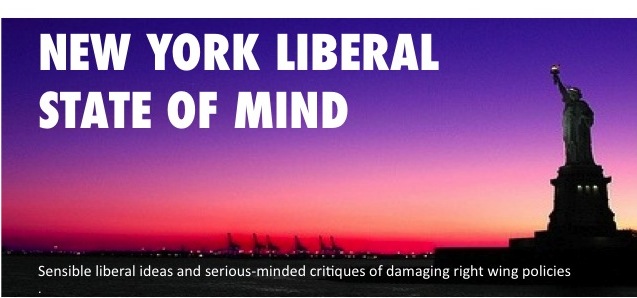First, I'd like to say that I am not planning to fully answer this question, but rather put a bit of perspective on it and offer one possible solution. Someone recently sent me an article from September, 1999 from Salon.com. It makes the head spin. (There's a "reward song" at the end of this post that will stop said head from spinning too much.)
Here are some pull quotes from the various studies in the Salon article:
On a typical election day, 56 percent of Americans can't name a single candidate in their own district, for any office.
A poll by the nonprofit Pew Research Center, released in 1999... showed that 56 percent of Americans could not name a single Democratic candidate for president. Things weren't better for the Republicans: Only 63 percent could recall the name "Bush."
One month after the Republican revolution in 1994, in which conservatives, led by Newt Gingrich, finally took control of the House of Representatives, 57 percent of the electorate did not know who Gingrich was.
Nor is this a new development or the product of young minds warped by MTV. In 1964, at the height of the Cold War, only 38 percent of Americans could say for sure whether the Soviet Union was a member of NATO.
A 1996 Washington Post-Harvard survey found that “only 26 percent knew the 6-year term of office of a U.S. senator” and less than half the public knows that a member of the House of Representative is elected to a two-year term.
Although surveys were not methodically taken then, we know anecdotally that an outcry over such ignorance was raised as long ago as the 1870s.
Naturally, ignorance was more understandable in the 19th century because information was more difficult to obtain, and campaigns of misinformation less developed, and perhaps issues were less confusing. (Although the reaction to slavery was certainly not uncomplicated.)
Blind ignorance had been going on for generations apparently though. James Madison warned:
A popular Government, without popular information, or the means of acquiring it, is but a Prologue to a Farce or a Tragedy; or, perhaps both.
I think there is a larger discussion to be had, however. Dilution.
In 1910 when there were 391 members of the House, each represented about 236,000 people. Today, its 435 members represent an average of 707,000 people, a dilution factor of 3 over the course of the last 100 years. (In 1820, the number was around 6,000 - small enough so a Representative could know every enfranchised voter by name!)
Worse off is senatorial representation in many modestly populous to very populous states. Wyoming, the least populous state, has 544,000 people represented by two Senators. California has 37 million. How close can citizens in a big state realistically hope to get to a Senator's decision-making process?
Finally, across the breadth of the entire country, we still only have 9 Supreme Court Justices, the same number as in 1869. (The Court has gone from as few as 5 members to as many as 10 in its history.) No wonder liberals and conservatives so often feel frustrated, angry and betrayed by many of the Court's decisions. Of course, Justices are not supposed to be strictly representative of the electorate, but it bears mulling over that there is only one of them for every 34 million of us. Could they possibly be reflective of a huge, diverse population? I think not.
A liberal take on this imbalance would see the House grow by at least double, and the Senate completely re-apportioned, while still ensuring some sort of voice for small states. (I can feel a rant about my views on the filibuster welling up, so I will wind this post down.) And the Supreme Court could certainly be expanded to 17 or 19.
People unarguably are ignorant about politics. But, we grow farther and farther away from a reasonable connection with their Federal representatives with each year of new population growth. Why keep attuned and informed when you feel so out of touch?





No comments:
Post a Comment